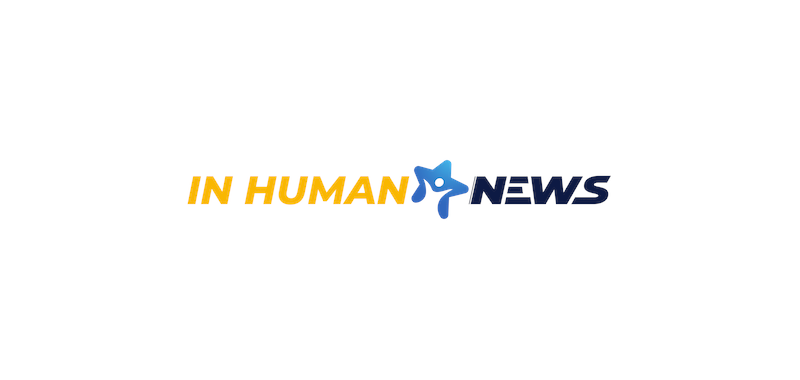
Liv Ames for EdSource
I provided quality child care and early education to children from birth through 13 years old for over 29 years. Throughout my tenure as an early educator, the reality that I literally could never afford to become ill has haunted me.
As a home-based, licensed provider, I never had the luxury of affordable health care. Over the years, whenever I felt a sniffle that lasted far too many days or a pain that became problematic and persistent, the dread of scheduling a doctor’s appointment was always present.
My body needed a doctor’s attention on numerous occasions. While sitting in the waiting room to see a physician or getting wheeled into an emergency room, my mind was not able to focus on my health. Instead, all I could think about was how much this was going to cost and please, Lord, don’t let the doctor say I had to be admitted to the hospital. The absolute terror of the mounting cost of health care services was overwhelming.
Fast-forward and following my recuperation or recovery from any doctor’s visits or hospital stays, the anguish did not ease. Like clockwork, the hospital bills started arriving weekly. Whenever I saw the Kaiser return address on each envelope as I had done so many times, my stomach would knot up and my mood quickly soured. Eventually, I became numb to the arrival of each new bill and the reminders to pay the old bills.
It is painful to work in a field where my services did so much good for the economy and families, yet my family and my health suffered. Child care is essential. Child care workers have been and will always be essential workers. Family child care providers are independent contractors and, for most of us, access to an affordable health care plan is limited or nonexistent.
While Obamacare did open the doors for providers to access health care — especially those with pre-existing conditions, like myself — the cost is still too high.
Through Covered California (the state’s version of Obamacare), I was able to receive health care services under the Bronze Plan with a higher co-pay. I was relieved to be able to finally have health insurance, but the co-pays weren’t necessarily affordable. When it comes to health care and access to quality, affordable services, the cards are stacked against early educators. I stand firm in my belief that many providers have died early deaths due to a lack of health care and ignoring ongoing health problems for fear of losing their businesses and their livelihoods. No one can tell me that working 60-70 hours a week for 15-30 years does not contribute to an early demise. Research has demonstrated that women face unique barriers to health care. Inequities, compounded with gender roles and expectations, present unique burdens on women, and while costs of care are important, consideration of additional burdens women face is critical to finding equitable solutions.
There is some good news, however. Child Care Providers United (CCPU), a union for early educators, has negotiated a health care reimbursement fund for the provider membership. To qualify for the reimbursement benefit, providers must have at least one child eligible for subsidized child care enrolled in their program. This fund reimburses licensed providers who are already enrolled in a health care plan. It does not replace their health insurance, nor does it offer a health care plan as a benefit. Licensed child care providers must be enrolled in a qualified health insurance plan to qualify for this reimbursement plan, which helps with out-of-pocket expenses such as service co-pays, prescription co-pays, and some monthly premiums. This is considered a good start, but it is not enough. The reimbursement fund is not available to all early educators, and it only covers the provider, not their family members.
We already know that child care is in crisis, statewide and nationally. We need healthy early educators and child care professionals on the job. Child care workers put their lives on the line during the pandemic. In the face of any emergency, these women always bridge the gap and show up when things can appear dire. The least we can do is create a pathway for these professionals to be healthy.
Health care is complicated and expensive. We get it. Child care is expensive. We get it.
State and federal policymakers must recognize the need to ensure that every practitioner is guaranteed an affordable option to stay healthy so that our children will have their caregivers and educators when they need them most.
•••
Tonia McMillian is a recently retired family child care provider in Southern California.
The opinions in this commentary are those of the author. If you would like to submit a commentary, please review our guidelines and contact us.

